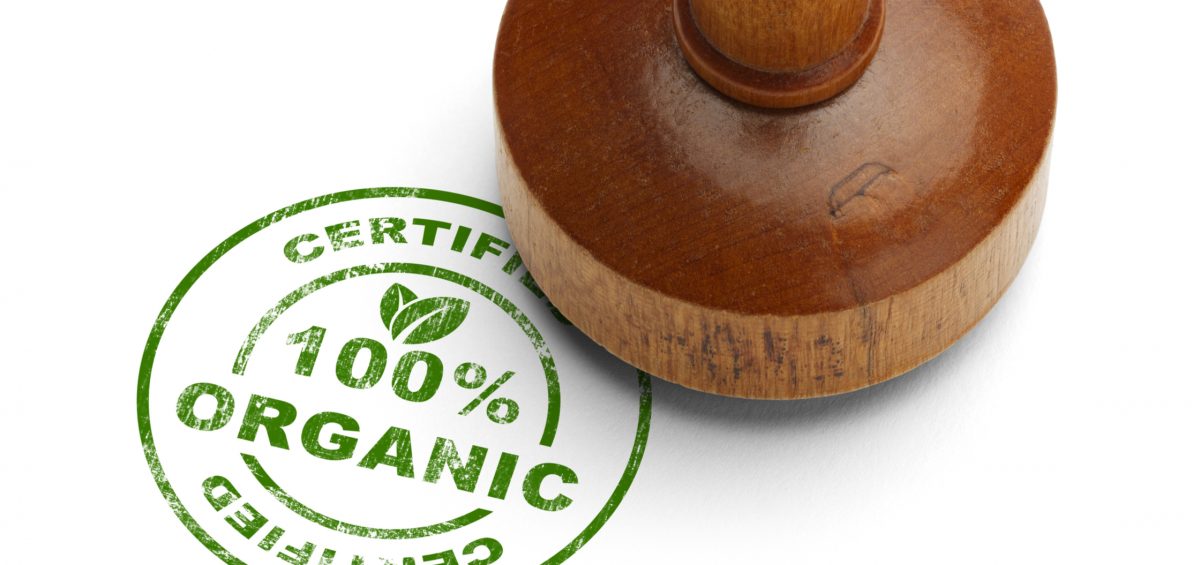Between 2015 – 2017, the New Zealand organic sector grew a whopping 30 percent and in 2018 its worth was $600 million per year. This was buoyed by consumer demand here and globally. https://www.oanz.org/market-reports-downloads/new-zealand-organic-market-report-2018
The report shows retail sales of organic products grew twice as fast as conventional products, up 8.8% to $245 million. “The 2018 report findings reporting market growth of 15 percent a year tell us loud and clear that opportunity lies before us,” says OANZ CEO, Brendan Hoare.
New Zealand has the reputation, production and export capabilities to meet demand in markets hungry for organic food and other products, including emerging powerhouse markets in Asia and China (Doug Voss, Chair OANZ)
So, Why do consumers choose Organic foods?
Organic gives a choice to people on how they want to eat and live. To have the choice to live in a way that honours natural, sustainable, ethical values.
Here are some key distinctions that Organic foods offer:
- Certified organic agricultural operations avoid the use of most synthetic pesticides and fertilisers
- No genetic engineering (GE-free) or Genetically Modified Engineering (GMO’s)
- No use of pesticides
- Organic regulations do not allow confined cattle feeding operation – a source of E.coli 0157
- Increases biodiversity
- Certified organic foods guarantee that the food you are eating has met all national standards.
Which Certification Body Should I Use?
Produco has successfully assisted small and large New Zealand Food and Dairy businesses to obtain their organic certifications on a wide variety of products and to multiple export markets. We manage this process through New Zealand’s two largest organic certifiers – BioGro New Zealand and AsureQuality Limited.
BioGro certifies a range of products under the BioGro label including; Dairy, Livestock, Horticulture, Viticulture/Wine, Honey/Apiary, and Processed Food Products which covers off Manufacturing Certification, Storage/Warehousing Certification, Packing Houses and Farms.
AsureQuality certifies a range of sectors under the AsureQuality Organic label including; Dairy, Food manufacturing, Honey/Apiculture, Horticulture, Livestock, Meat, Pharmaceuticals, Viticulture/Wine, and Seeds.
What Does The Path to Organic Certification Look Like?
- Gap Assessment of your existing products/services against the organic requirements set by the Ministry for Primary Industries (MPI) under the Official Organic Assurance Program (OOAP) and
- Overseas organic standards for export markets; USA, European Union, Great Britain, Taiwan, Switzerland, China, Korea, Japan
- Gap Assessment of your existing facility through an on-site visit
- Implementation of the changes to your existing documents or creating new organic procedures
- Provide training to upskill staff on new organic requirements and/or;
- Develop a training matrix, matched to the capabilities of your people
The Ministry for Primary Industries (MPI) website has guidance for exporting organic food including Overseas Market Access Requirements (OMARs) for specific country organic requirements that you will need to meet to be able to export your organic products.


